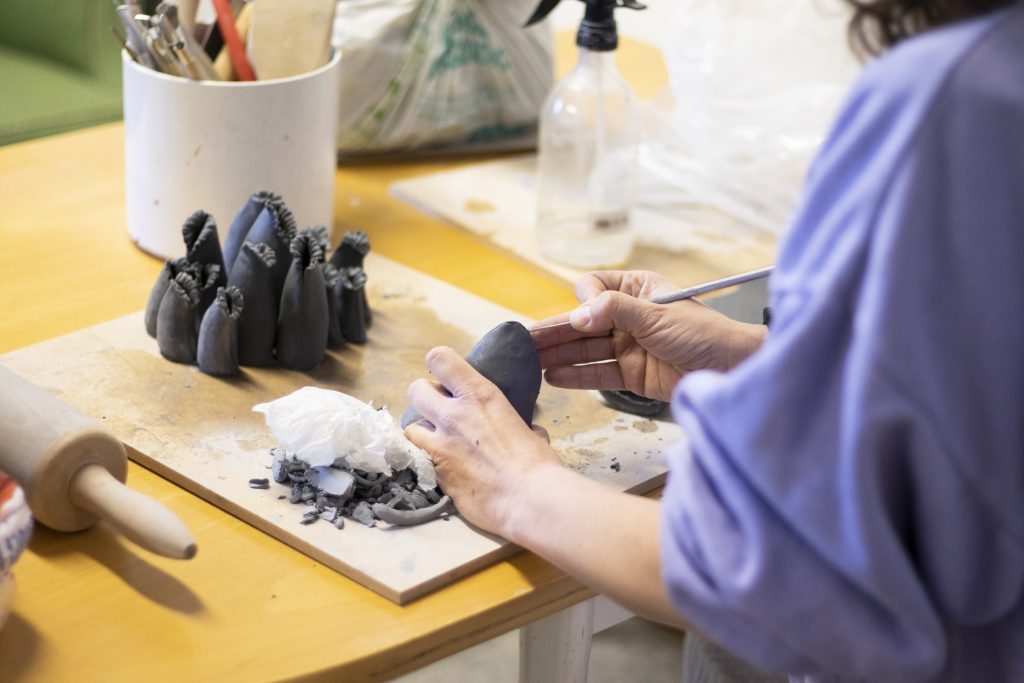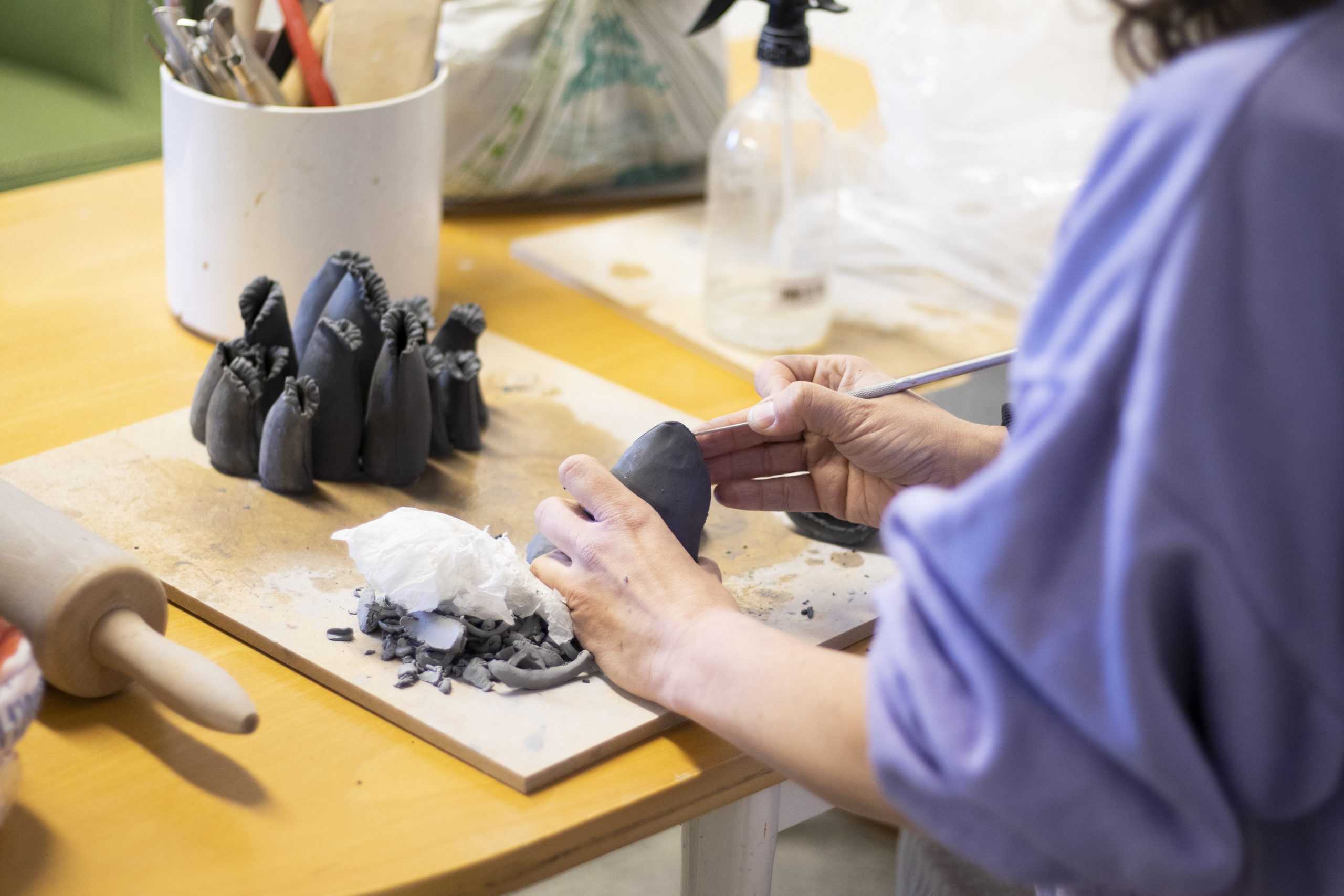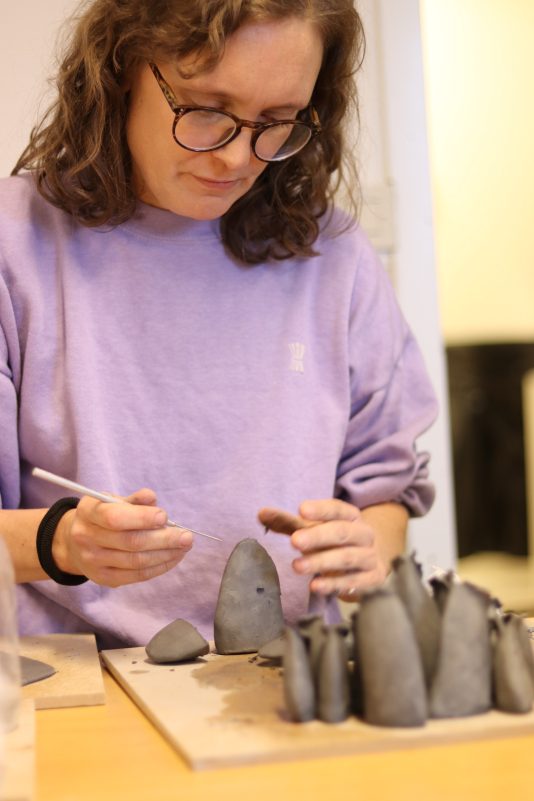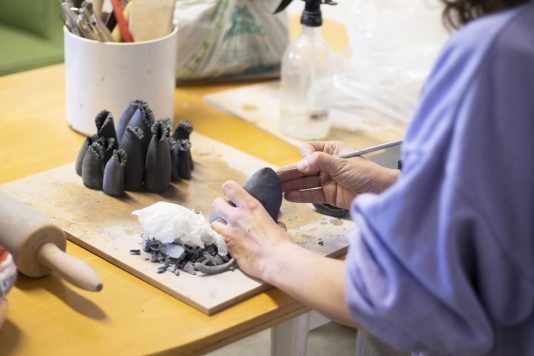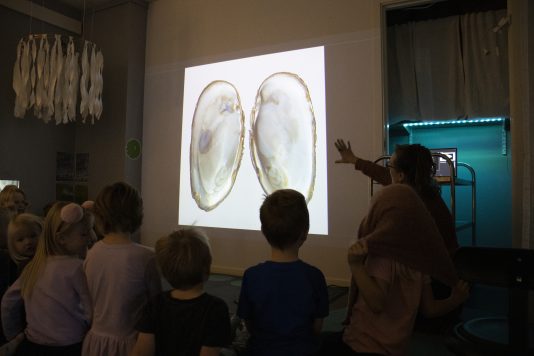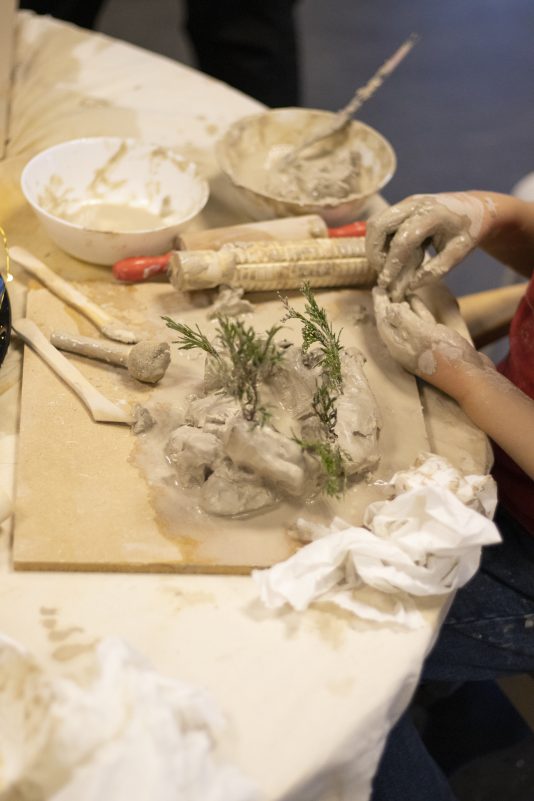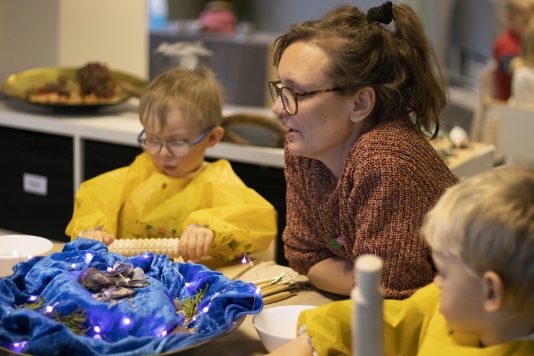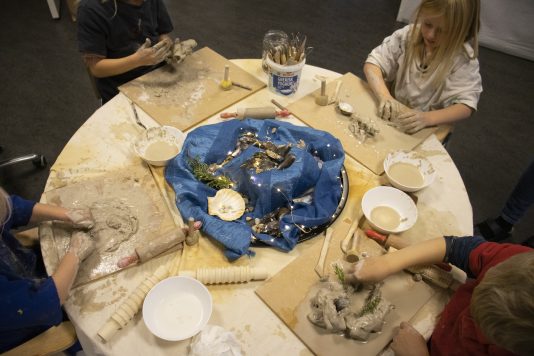Malin Tivenius is an artist who digs into the complexity of human relationships and connections to the natural world. She explores the intimate ties that bind us to the environment and the ways in which different places evoke specific thoughts and emotions. Tivenius’ work delves into the bonds we form with other people, as well as our connections to landscapes and the natural world. Her art reflects the ways in which our environment shapes us and how we, in turn, shape our surroundings. Through her work, Tivenius invites viewers to reflect on how her art connects us humans to the places we inhabit.
In her residency, Tivenius has focused on the freshwater pearl mussel and the Svartån river, which runs through Örebro County. In 2015, the County Administrative Board discovered a 100-year-old pearl mussel in the river, highlighting the drastic changes that have occurred in the river’s ecosystem over time.
The aim of the Tivenius project is to bring attention to the freshwater pearl mussel and its importance as an indicator species, useful in determining the overall health of the freshwater ecosystems. The pearl mussel depends on clean water and the presence of trout to survive, but unfortunately, these conditions are no longer present in Svartån.
The main outcome is a sculpture in clay accompanied by an audio component that is based on interviews with various people like children, researchers, and experts. The sculpture and sound installation form an immersive experience that explores the themes of water as a symbol, historically and in today’s context as well as the spiritual perspectives of water and the mussel.
But it’s not a biological lesson about the pearl mussel, instead it’s a personal story from the artist, informed by the community she had shared her research with. The conversation has been contemplated through Tivenius as an artist and her relation to the mussel; it ends up being a story told by the mussel itself. If a hundred-year-old mussel could speak, what would it tell?
This project is also touching on the subject of returning home – moving from a bigger city to a smaller one. What do we consider important from our hometowns when we explore the bigger world? For Tivenius, one of those things is the river. The river’s direct translation is The Black River, and it is truly black. Every year, the municipality coordinates a day where they dig up bicycles, shopping carts and an assortment of trash that has been thrown into the river. It was a long time ago someone took a bath in it. I don’t know all the mystery surrounding the river, but Tivenius’ interest in it has gotten me to reflect on what stories this huge water can hold for us.
Curatorial text by Felicia Bjärmark Esbjörnsson
